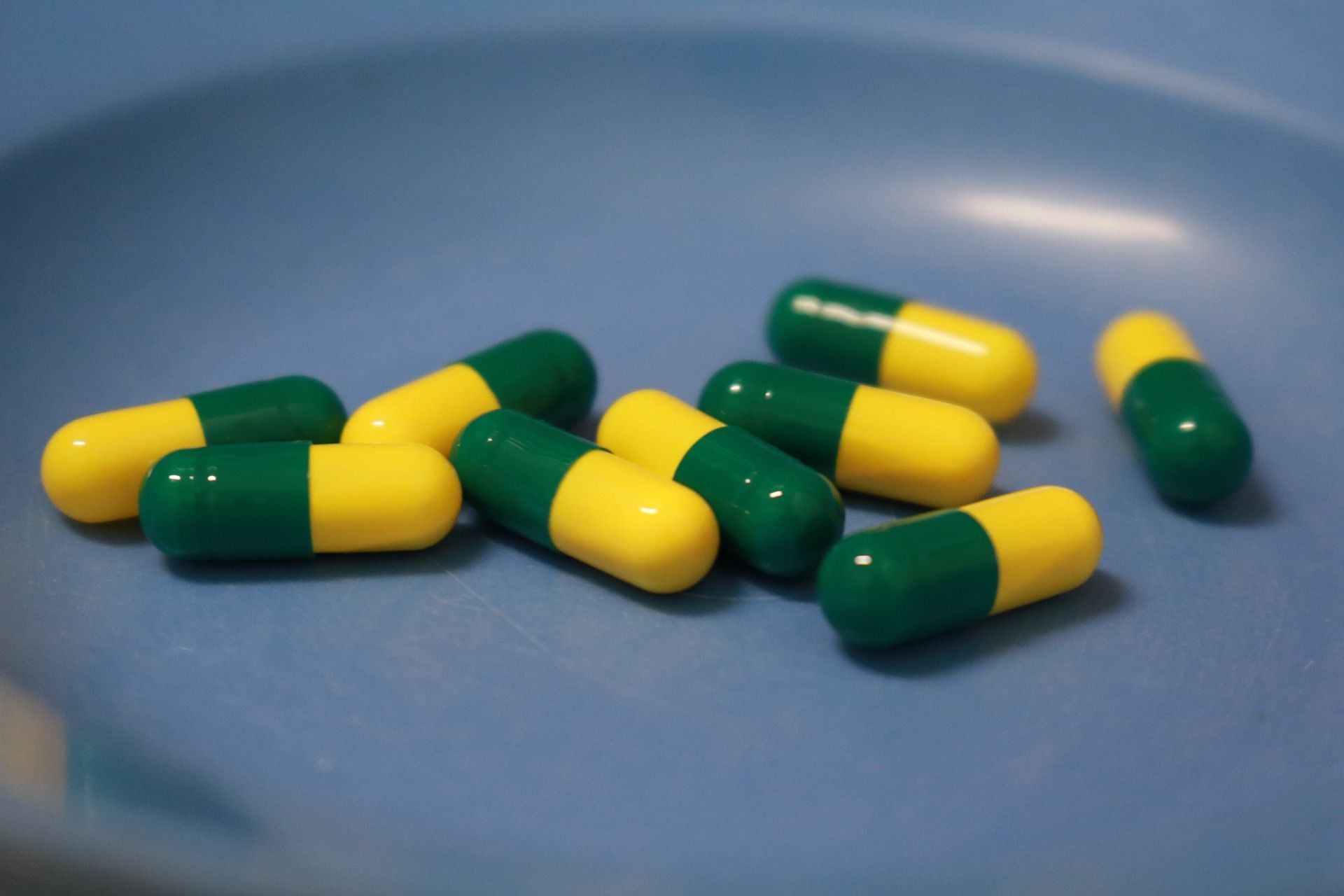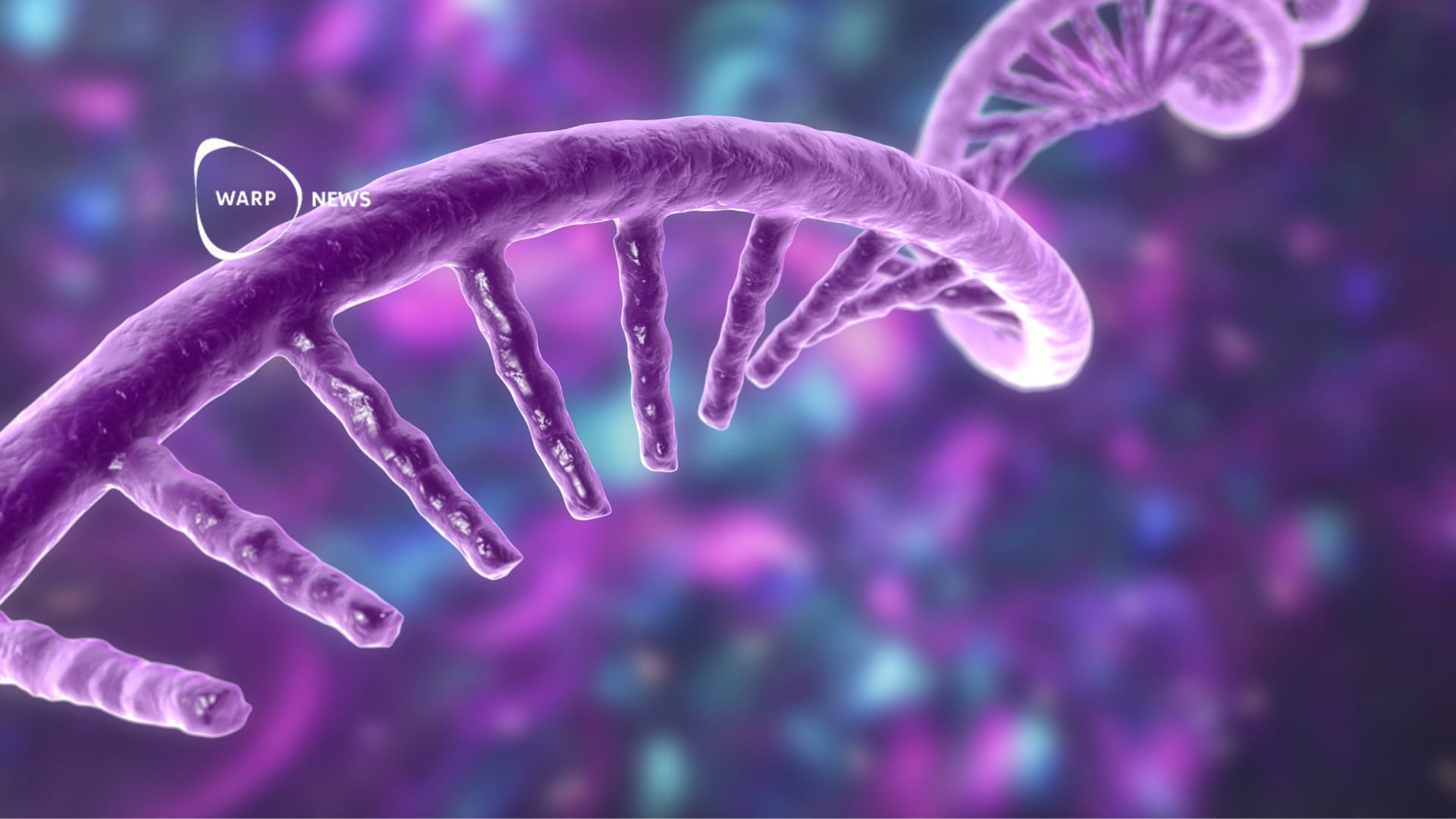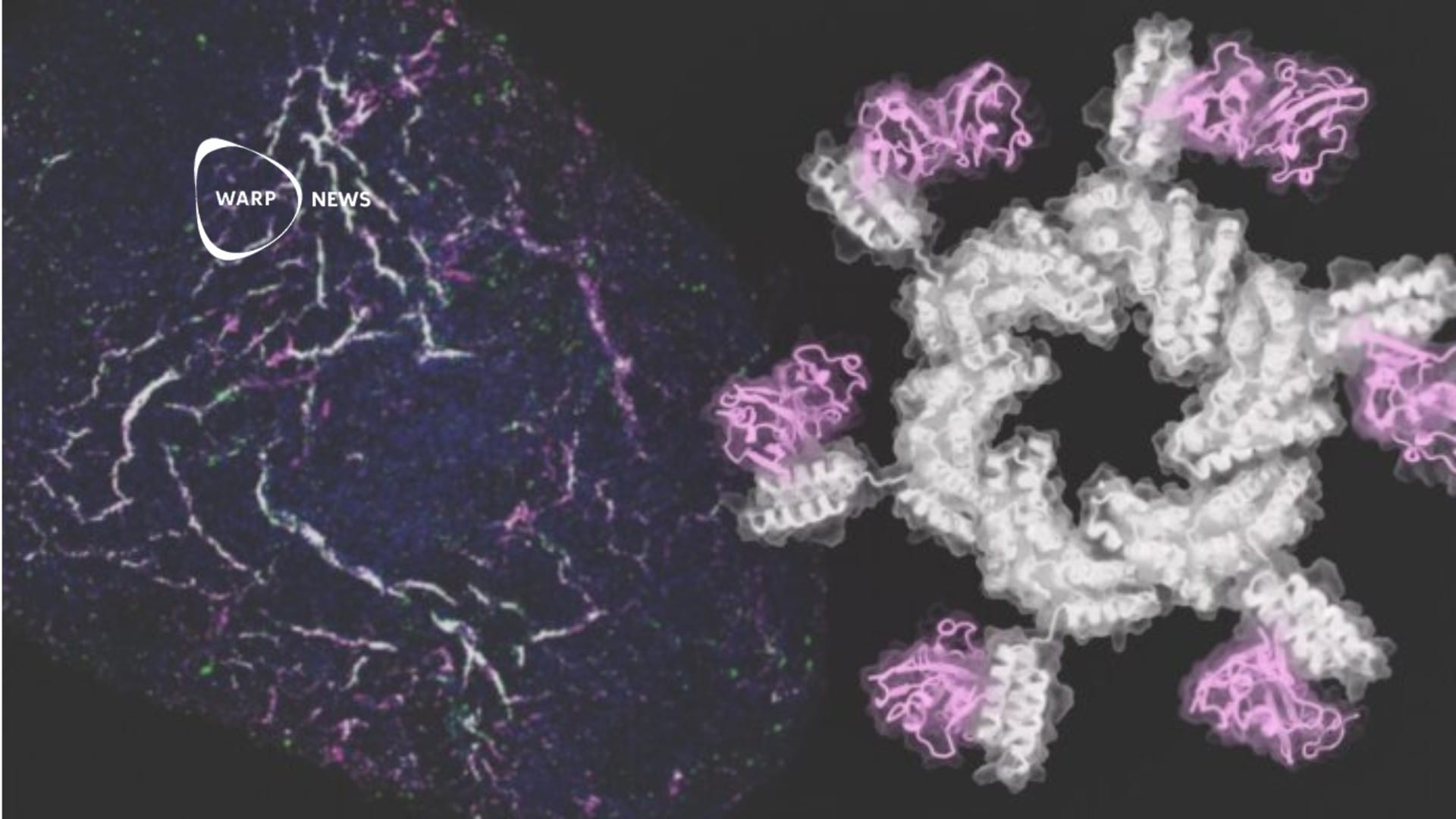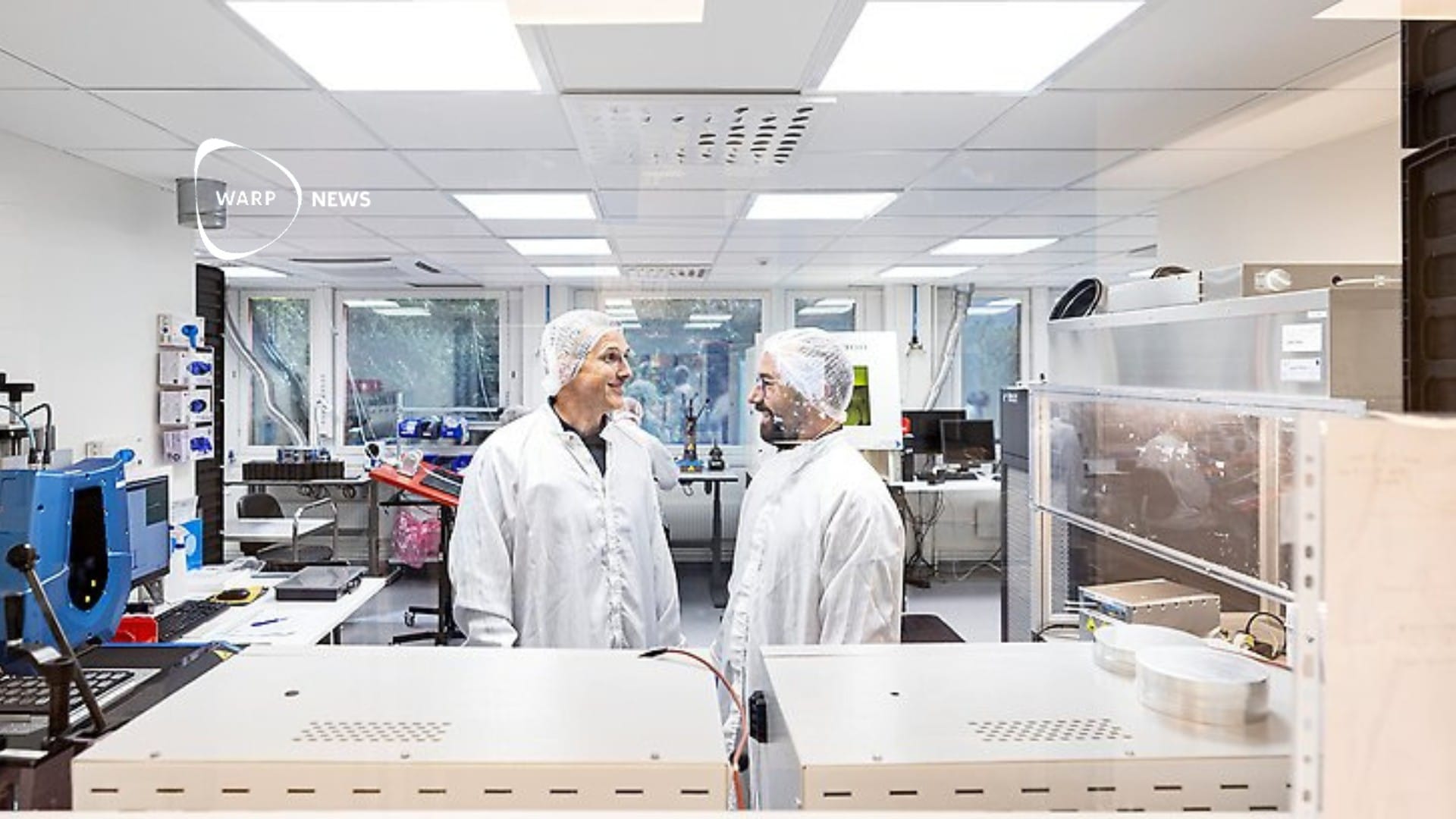
💊 Discovery brings hope to battle against antibiotic resistance
A group of molecules has proven able to attack bacteria that are resistant to today's antibiotics.
Share this story!
Antibiotic resistance causes 750,000 deaths annually around the world. To bring that number down, new types of antibiotics are required that circumvent the resistance certain bacteria have against drugs available today.
Researchers at Karolinska Institutet, Umeå University, and Bonn University have identified a group of molecules that can form the basis for just such a type of antibiotic. The researchers tested a group of molecules called THCz, which were shown to be able to inhibit the formation of the bacteria's cell walls, even for resistant bacteria.
In brief, these molecules bind to a special molecule, lipid II, which all bacteria need to build up the cell wall. The same method is already used in available antibiotics, but the molecules used there are usually large and complex. They are difficult to improve if the bacteria develop resistance and they do not work well against some bacteria.
THCz on the other hand is significantly less, which is a big advantage.
"The advantage of small molecules like these is that they are easier to change chemically. We hope to be able to change THCz so that the antibacterial effect increases and any negative effects on human cells decrease", says Fredrik Almqvist, professor at the Department of Chemistry at Umeå University and one of the researchers behind the study, in a press release.
In laboratory experiments, THCz has been shown to be effective against a range of antibiotic-resistant bacteria. The researchers also did not find any bacteria that developed resistance to THCz in the laboratory environment.
"Lipid II is a very attractive target for new antibiotics. We have identified the first small antibacterial substances that work by binding to this fat molecule, and in our study we found no resistant bacterial mutants, which is very promising", says Birgitta Henriques Normark, professor at the Department of Microbiology, Tumor and Cell Biology at Karolinska Institutet, and one of the researchers behind the study.
The researchers now intend to go further and by trying to make the method even more effective against resistant bacteria.
"Now we will also start trying to change the THCz molecule so that it can penetrate the outer cell membrane found in some, especially difficult-to-treat multi-resistant bacteria", says Tanja Schneider, professor at the Institute of Pharmaceutical Microbiology at Bonn University and one of the researchers behind the study.
Image: Pixabay / mufidpwt
By becoming a premium supporter, you help in the creation and sharing of fact-based optimistic news all over the world.


